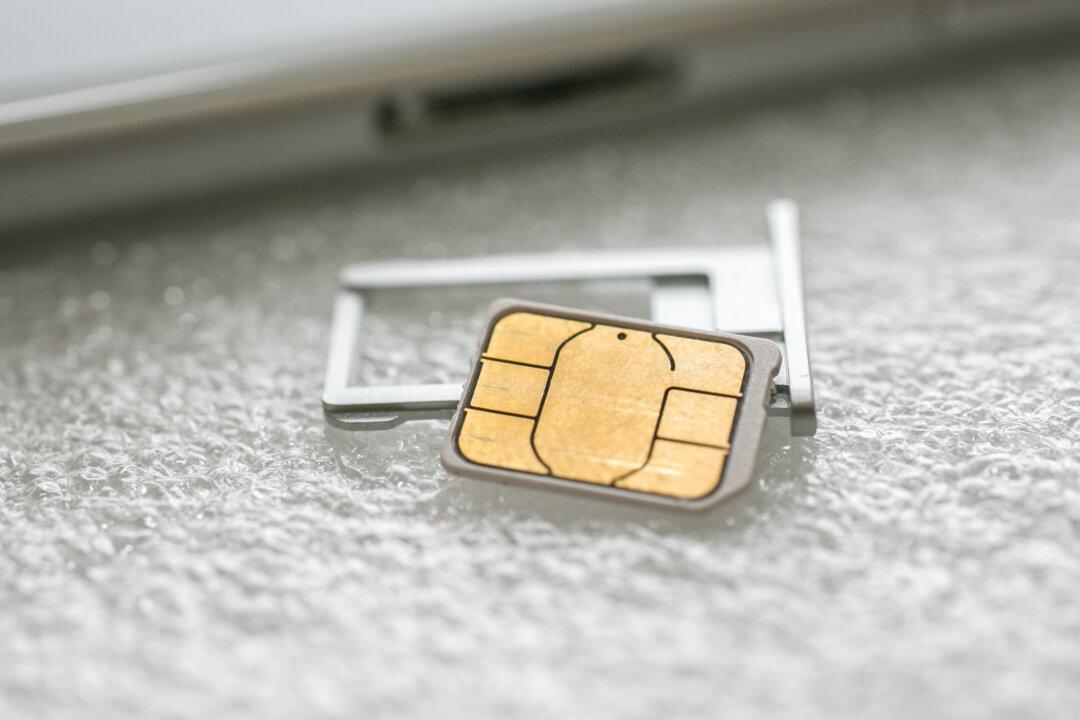The small microchips known as “subscriber identity modules” or SIM cards that are required for mobile phones to log on to a phone network will soon be 25 years old. While mobile phones and network technology have progressed in leaps and bounds, SIM cards are still lodged in handsets.
And they’re vulnerable too—it was claimed recently that U.S. and U.K. intelligence agencies stole potentially millions of SIM card security keys, which would allow spies to track users and eavesdrop on calls.
Gemalto, the Dutch SIM card manufacturer that was reportedly the victim of an NSA and GCHQ attack, responded with assurances that little, if any, information was stolen. The firm stressed how important its products were to mobile phone security. But the reality is that SIM cards are now more of a drawback than a benefit.
A Solution of Their Time
SIM cards were a useful feature when they came onto the market in 1991. At the time mobile phones were bulky devices, usually mounted in cars or carried on a shoulder strap. They were often rented along with a car. A SIM would help customers quickly and easily transfer their phone number and contacts from one phone to the next, without the need to type in long identifiers and access codes each time. Having to enter access codes into a phone that was essentially shared also meant users might forget to delete them before returning the device. Storing the login details in a removable personal plastic card elegantly solved this problem.


